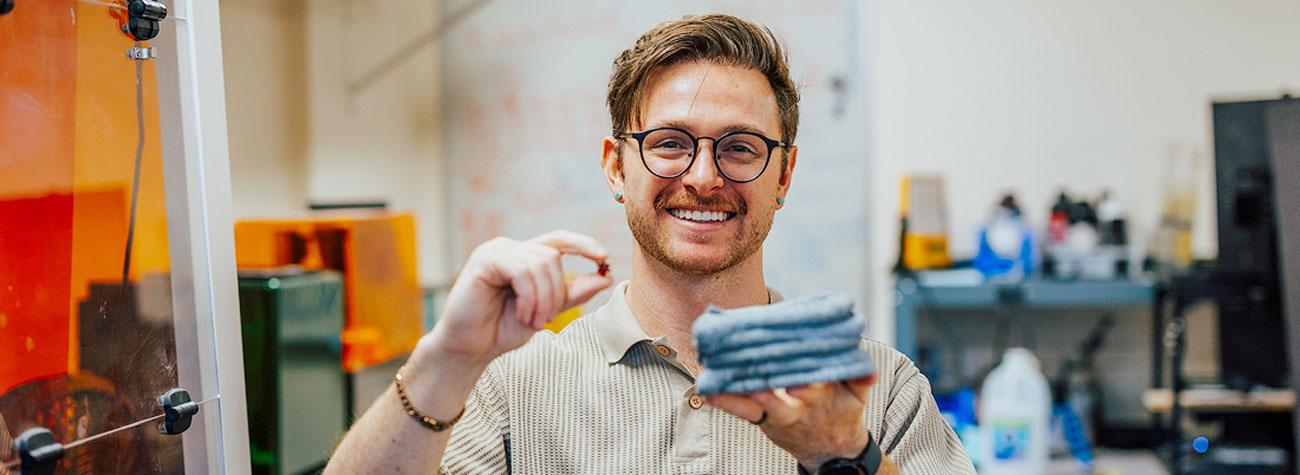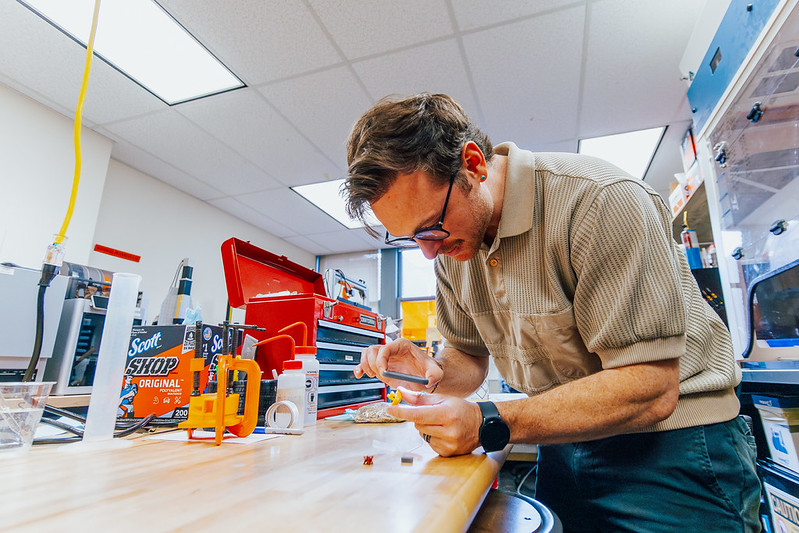Materials Science
Explore materials at the atomic scale

Crossing disciplines to prepare for a productive future
Oregon State materials science researchers are broadly distributed within the university, with colleagues in mechanical and chemical engineering, physics, chemistry, biology, medicine, geoscience, and mathematics. Together, they develop new materials for quickly evolving applications in industry, energy, health, construction, and more.
Their work covers a broad array of specialties, including nanomaterials and nanotechnology, nuclear energy and other sustainable energy production, polymers, biomaterials, structural materials, mechanics, electronics, optics, computational materials science, sustainable energy and green manufacturing, anti-corrosion technology and advanced manufacturing.
Degree Types
Locations
Corvallis
Our Faculty
Explore our faculty's expertise and research.
Contact our industry relations team to discuss partnerships and other opportunities.
Faculty Research Areas
Our diverse range of faculty interests, broadened by interdisciplinary collaboration between programs, provides unparalleled opportunities to engage in groundbreaking work.
Advanced Manufacturing
Developing advanced technologies to manufacture new and existing products
Electronic Materials and Devices
Multi-disciplinary approach to developing new solutions for electronics
Infrastructure Materials
Selection, durability, and sustainability of construction materials
Materials and Catalysis
Improving materials through computation, design, and experimentation
Materials for Nuclear Engineering Applications
Developing materials for extreme environments like nuclear reactor systems
Next Generation Materials and Devices
The use of structural materials, electronic ceramics, energy materials, sensors
Thermal Hydraulics and Reactor Design
A broad range of topics critical to the advancement of nuclear power systems
Building what the future will be made of

Collaboration, perseverance create endless possibilities
Our materials science researchers cross disciplinary boundaries to create groundbreaking results.
- Laser-based additive manufacturing for fabricating advanced multi-metal components
- Shrinking concrete's carbon footprint for green buildings and other infrastructure
- New materials that withstand the harsh environments of next-gen nuclear reactors
- Novel foam materials that survive ion rocket exhaust propelling long-range spacecraft
- Limiting concrete degradation and corrosion to sustain our built environment
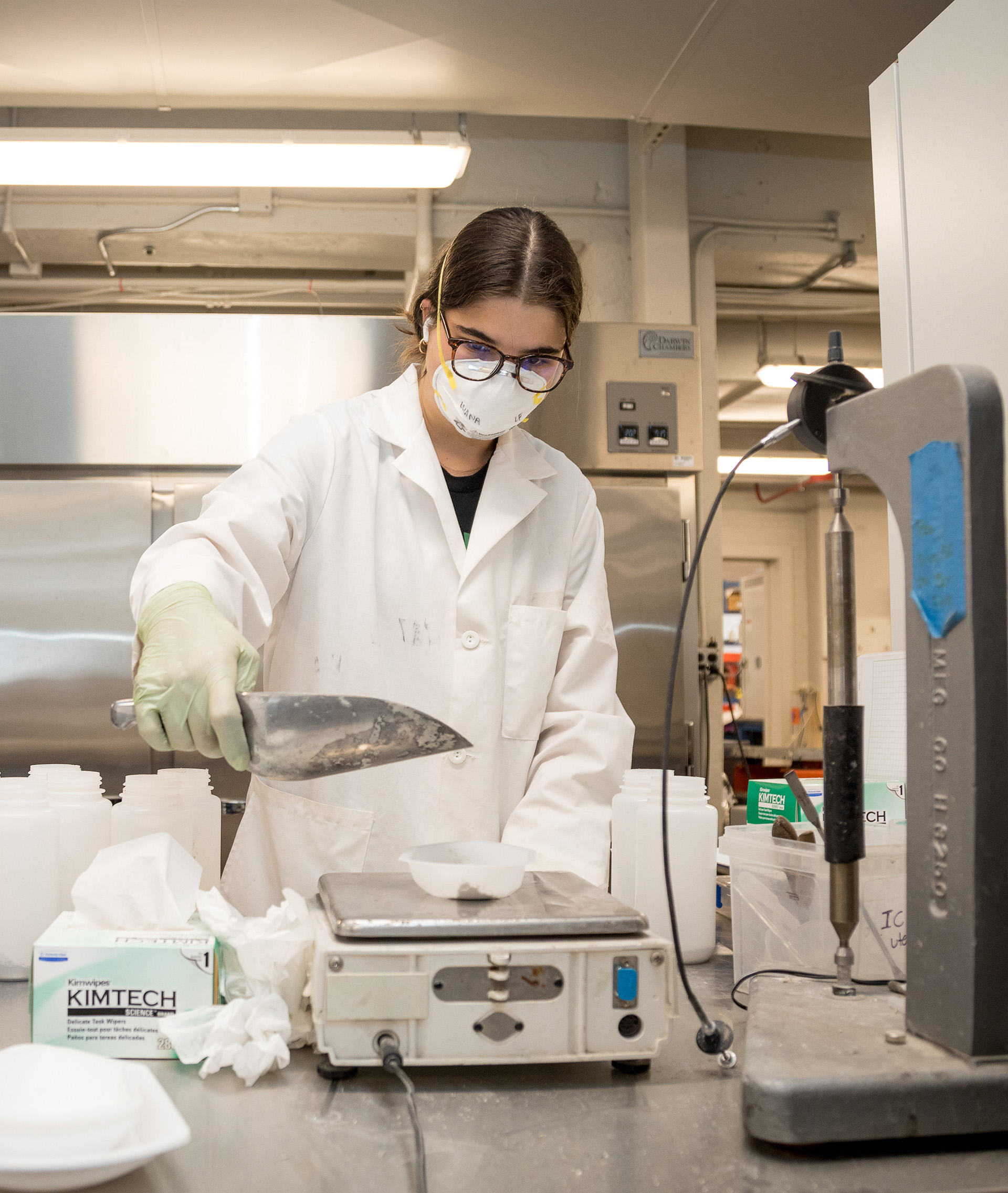
Focusing on the materials that build our world.
Four research facilities combined, each for the advanced characterization of a different infrastructure materials.
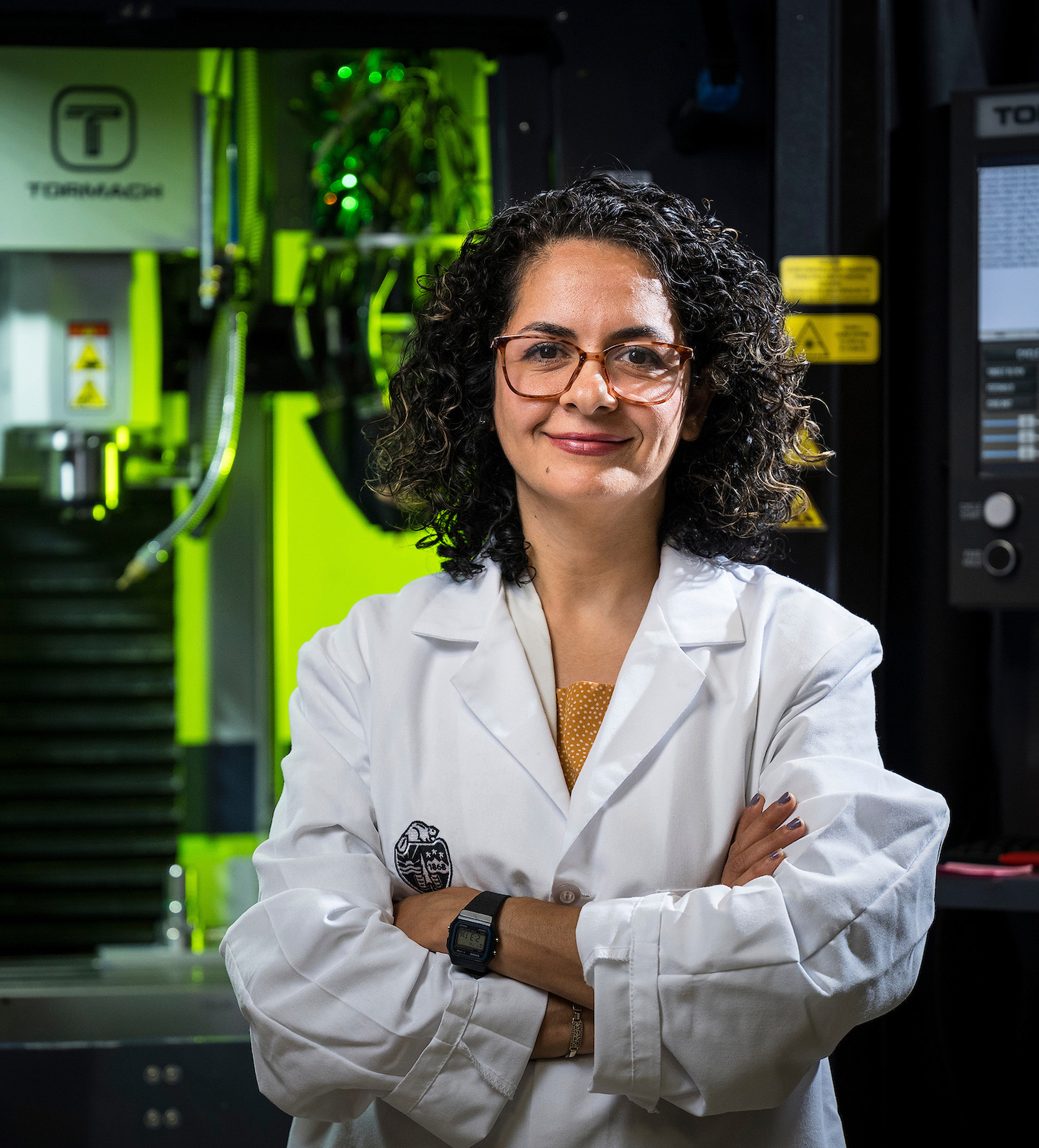
Alloys for aerospace, healthcare, manufacturing, and more
Somayeh Pasebani applies metal additive manufacturing to build complex, high-performance customized alloys.
Degree Types
Locations
Corvallis
Our Faculty
Explore our faculty's expertise and research.
Get in Touch
Partnerships
Contact our industry relations team to discuss partnerships and other opportunities.
Big solutions for global challenges
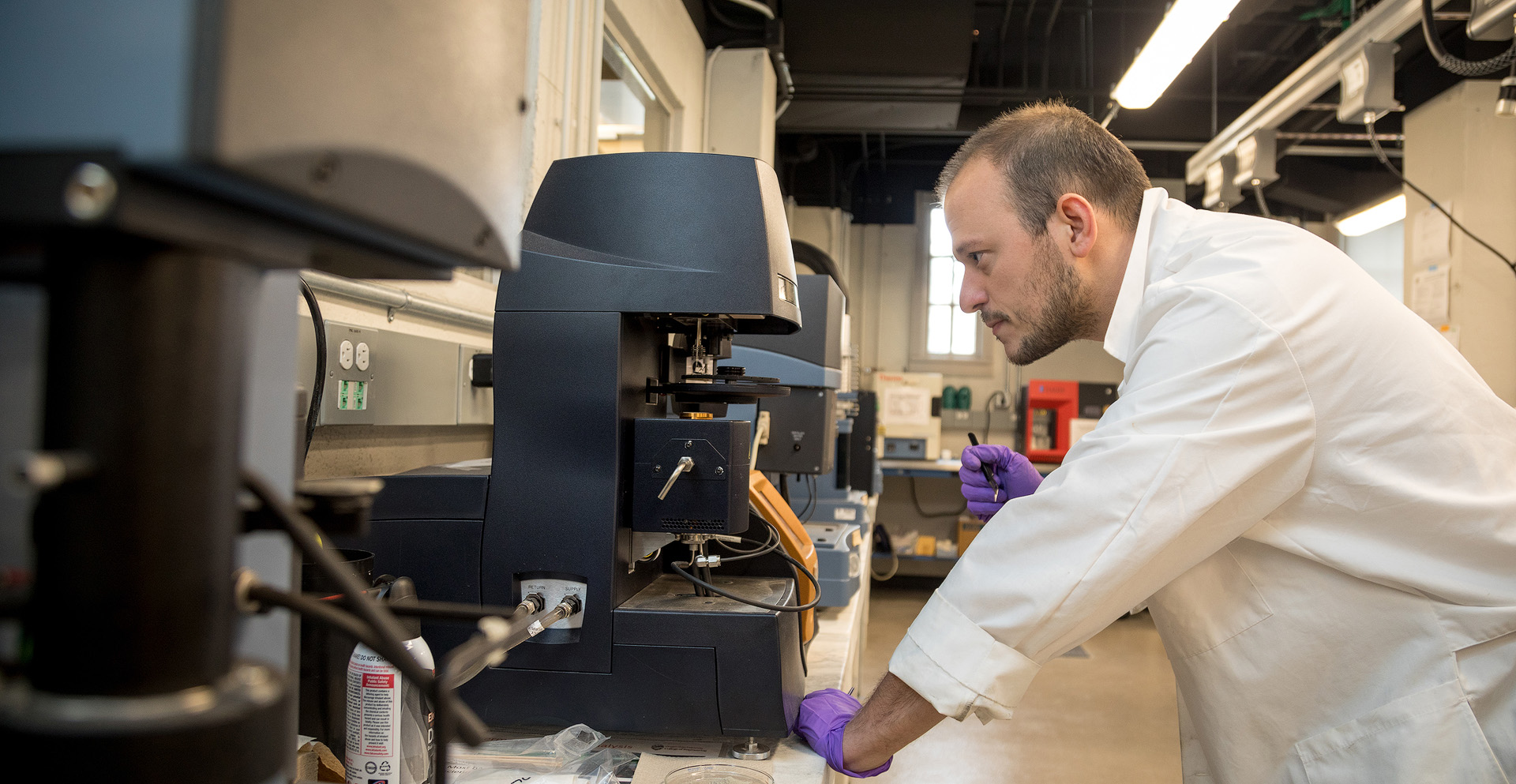
Turning concrete into a low-carbon construction option
Our researchers are full-speed ahead to reduce the negative impact of this crucial infrastructure material.
